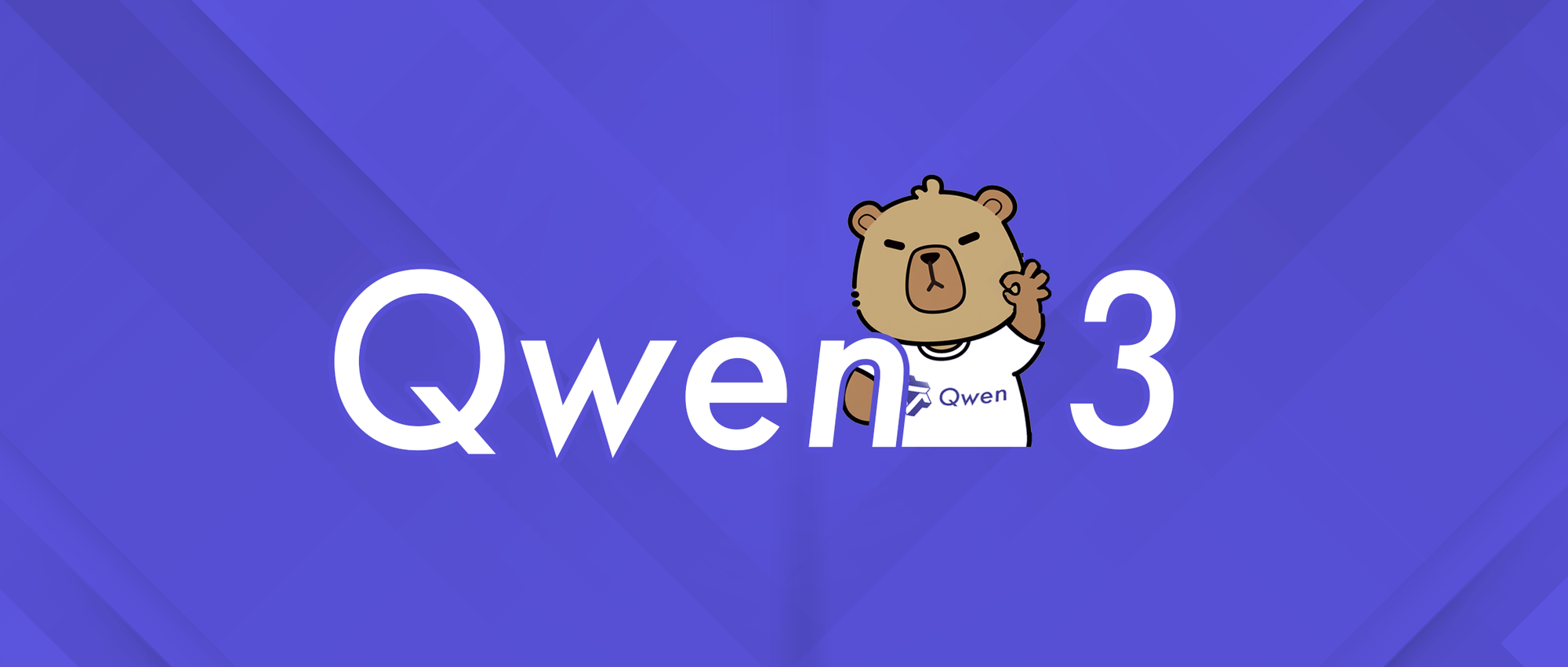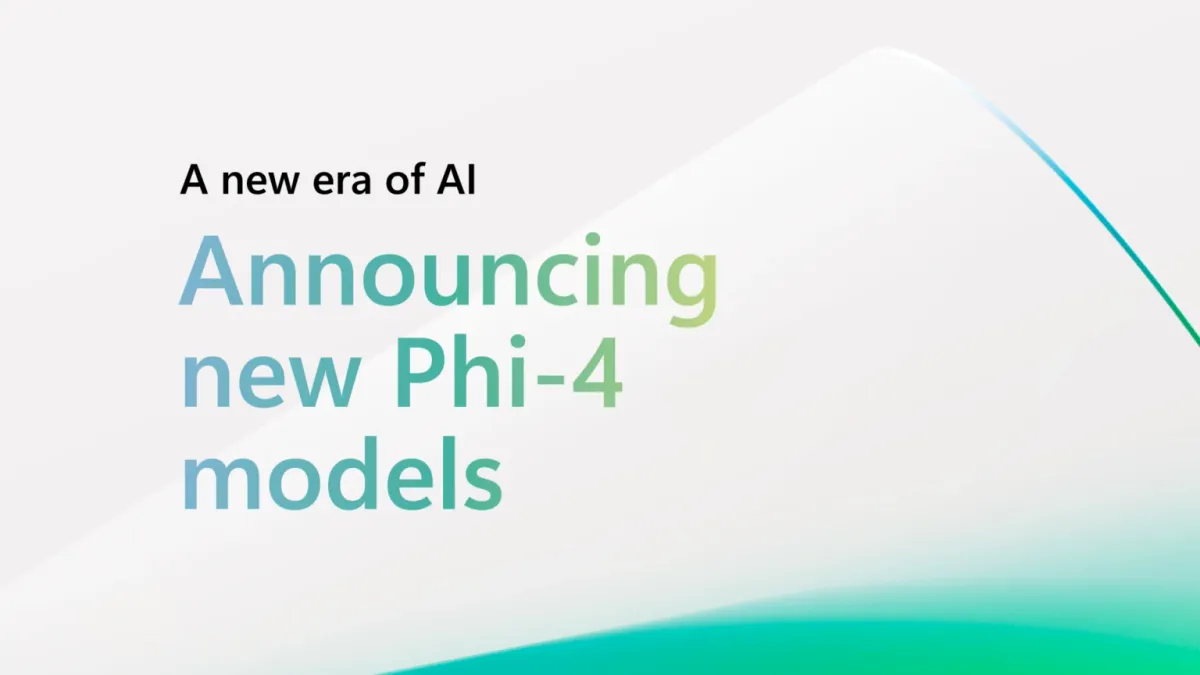Amazon has been working tirelessly to improve its voice assistant, Alexa, and recently, the company announced that it's developing a new language learning model (LLM) that will improve Alexa's ability to understand and respond to different languages. The new LLM will enable Alexa to become more fluent in multiple languages, enhancing the user experience for those who use Alexa to communicate in different languages.
The news is exciting, as it's yet another example of how rapidly technology is advancing. But it's important to consider the human element behind this development. Behind every line of code and every algorithm, there are people working hard to create something that will make our lives easier and more enjoyable.
Amazon's first-quarter earnings exceeded expectations, which originally caused its shares to soar. However, once executives expressed concerns about the continued slowness in cloud growth, the stock's trajectory changed. Operating income for the quarter totaled $4.8 billion while revenue climbed by 9.4% to $127.4 billion.
The development of the new LLM involved a team of Amazon engineers and linguists who worked together to improve the accuracy of Alexa's language recognition capabilities. The linguists analyzed speech patterns and accents to identify common errors and develop solutions to address them. Meanwhile, the engineers created algorithms to recognize patterns and understand the nuances of different languages.
Amazon CEO Andy Jassy noted during the call that if they were simply developing a smart speaker, the cost would be significantly lower. "I think when people often ask us about Alexa, what we often share is that if we were just building a smart speaker, it would be a much smaller investment," he said. "However, we have a goal and are adamant that we want to create the best personal assistant in the world. And it's challenging to do that. It has a relatively wide surface area and cuts across several domains. However, if you consider the development of large language models and generative AI, it significantly increases the effectiveness of the underlying models, which, in my opinion, accelerates the possibility of creating the best personal assistant in the world.
What's particularly impressive about this project is that it highlights the importance of collaboration between humans and technology. While AI and machine learning algorithms are undoubtedly powerful tools, they're only as good as the humans who create and guide them. By working together, we can create technology that's both powerful and intuitive, and that enhances our lives in meaningful ways.
In addition to the team of engineers and linguists, it's also worth acknowledging the role that users play in shaping technology. Every time we use a voice assistant like Alexa, we're providing data that helps to improve the system's accuracy and responsiveness. By using and interacting with technology, we become part of the process of refining and improving it.
Overall, the news that Amazon is developing an improved LLM to power Alexa is a reminder that behind every technological advancement, there are people working hard to make it happen. While it's exciting to see the progress that's being made, we must never lose sight of the human touch that's so essential to the development of new technologies.






Comments